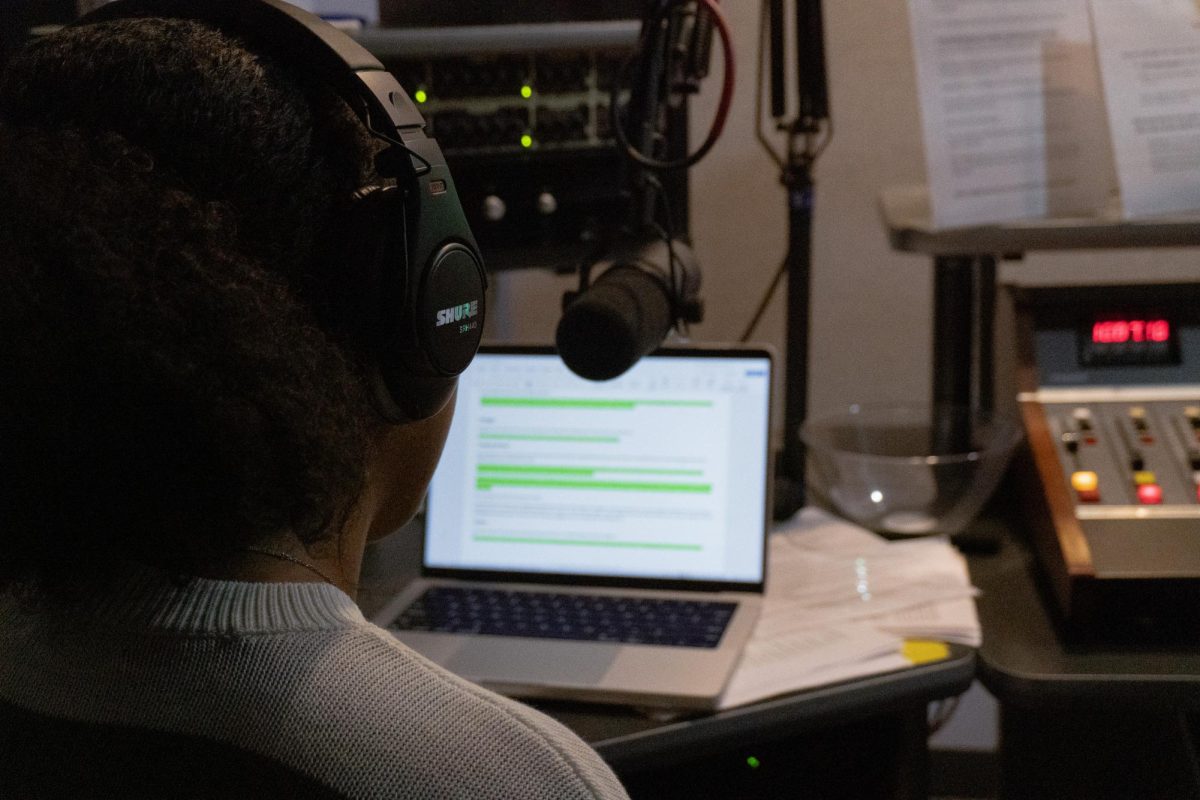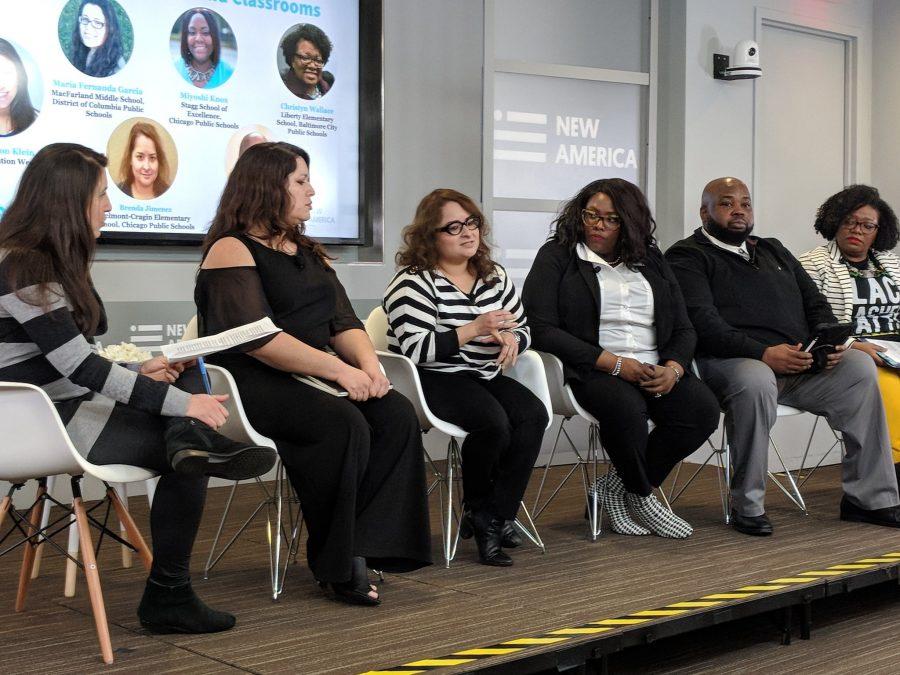On Thursday, Feb. 7, think tank New America held its Equity and Education conference in Washington, D.C. to discuss America’s education system and how educators across the country are working towards improving schools and modifying students’ learning experience.
The education system in America has steadily been reforming since its foundational days, but New America is “dedicated to renewing [it] by…confronting the challenges caused by rapid technological and social change, and seizing the opportunities those changes create.” The foundation was established on the belief that America can always be improved, no matter the odds, and New America is determined to embrace the challenges that this change will breed.
The Equity and Education conference was divided into two separate panels. The first panel was devised to set the stage of the issues that New America and other education companies and foundations hope to solve, such as bias and the institutionalization of schools. Led by Victoria Pasquantonio of PBS NewsHour, the panel welcomed Sharif El-Mekki (Director, Center for Black Educator Development), Phyllis Lockett (Founder and CEO, LEAP Innovations), Elena Silva (PreK-12 Policy Director, New America), and Jane Swift (Former Governor of Massachusetts and President and Executive Director of LearnLaunch).
Because each of these individuals had experience in the business-side of education, Pasquantonio geared many questions towards policies and the politics of education. With the upcoming 2020 Presidential Election and state elections across the US, the panel found it necessary for those in elections to consider the barriers of creating ideal learning environments and how to best tackle these issues. Acts like ESSA have moved the education system in the right direction, but Jane Swift, Elena Silva, and Phyllis Lockett all agreed that policymakers need to see education as something of great importance.
The second panel—led by Alyson Klein of “Education Week”—was focused on equity in schools and classrooms. For this discussion, five educators were welcomed by the panel: Maria Fernanda Garcia (MacFarland Middle School, District of Columbia Public Schools), Brenda Jimenez (Belmont-Cragin Elementary School, Chicago Public Schools), Miyoshi Knox (Stagg School of Excellence, Chicago Public Schools), Rodney Robinson (National Teacher of the Year 2019, Virgie Binford Education Center), and Christyn Wallace (Liberty Elementary School, Baltimore City Public Schools).
Working in cities like DC, Chicago, Richmond, and Baltimore has driven these educators towards reforming their learning environments. As stated before, the second panel unanimously agreed that equity is found through personalized learning, understanding trauma, and cultural equity.
Personalized learning environments have become increasingly popular in each of these schools because the teachers have recognized the importance the individual is over the institution. At Stagg, Knox elaborated in great detail (and with support of an adorable video) of how personalized learning works in her daily life as principal. She was adamant that setting goals and student engagement were important for students to learn better in their environments. The rest of the panel agreed with the notion of personalization, chiming in that school is far more enjoyable for teachers and students if it is structured around their learning.
Trauma was also an important discussion topic for these educators because many of their students have faced physical and emotional trauma. These educators want training for their teachers, both for the benefit of their students and the mental well-being of the faculty.
The last major discussion point centered around cultural equity, which is the embodiment and representation of all individuals in schools. Rodney Robinson highlighted that cultural equity is shown in schools when the teachers look like their students and also the rest of the world. Having all white teachers in a predominantly black school or vice versa does not demonstrate cultural equity—rather, students should be able to interact with teachers and faculty members of all different races, genders, and backgrounds.
New America’s Equity and Education panel shed light on the important, pedagogical issues in America today, and their panelists demonstrated that the bright future New America promotes is not as far away as one may think.
Feature Image: Courtesy of New America Ed on Twitter.



















































































































